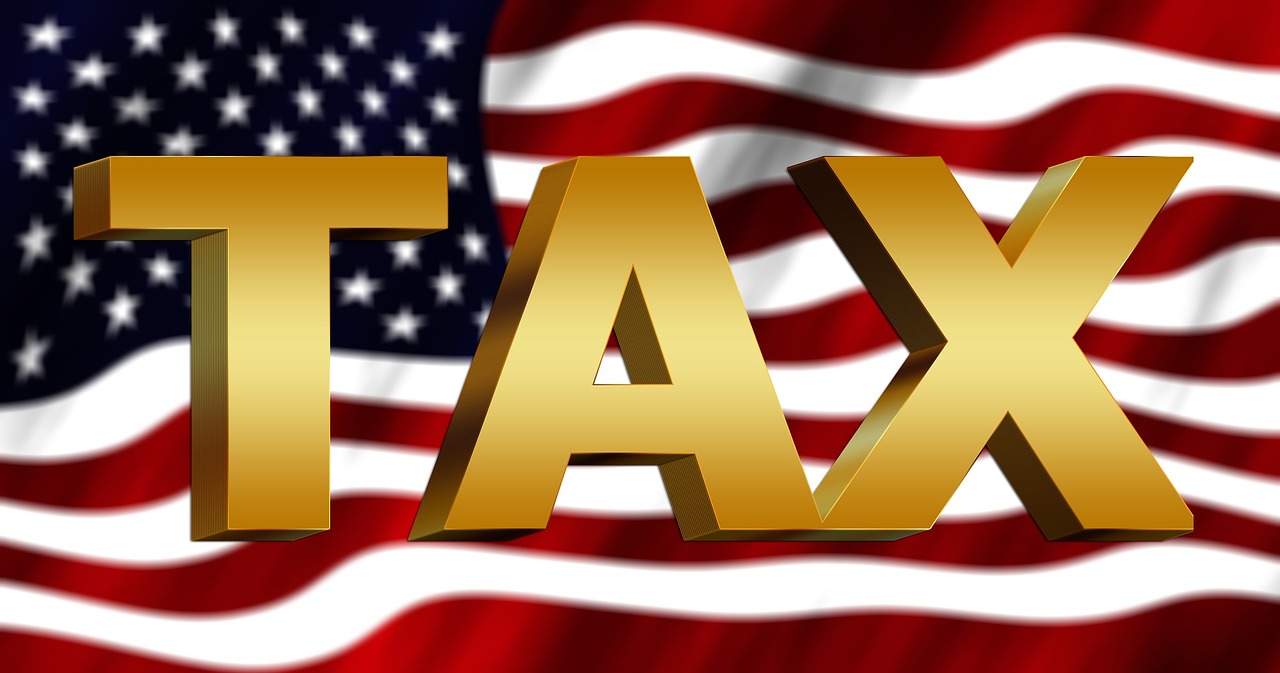freelance taxes
-
3 Financial Tax Breaks to Help During COVID-19 in 2021
2021 has been a struggle. It’s difficult to make ends meet during…
-
Top Countries to Live In as a Remote Worker
While the digital nomad lifestyle was already gaining steam pre-COVID, more companies…
-
5 Reasons So Many Freelancers Are Behind On Their Taxes
Depending on your field, freelancing doesn’t need to have a lot of…
-
3 Legal Issues Every Freelance Writer Should Know About
Close to 54 million Americans are considered freelancers and that number is…
-
Tax Tips: Understanding Form 1099-MISC
You have this freelance writing thing down cold. Your writing sparkles with…
-
Alleviate Quarterly Estimated Tax Burden By Paying… Monthly?
Quarterly estimated taxes are coming up next Tuesday. Honestly, I don’t really…
-
The Pros and Cons of a Separate Bank Account for Freelance Income
Hooray! A check from a client came in. Now what? Do you…
-
Pay Less to Uncle Sam Later by Tracking Your Tax Write-Offs Now
Last week I wrote about how, like it or not, keeping track…
-
Now’s the Time to Track Those Tax Deductions
Wait, what? But April 15th just passed, you’re saying. Can’t I please…





